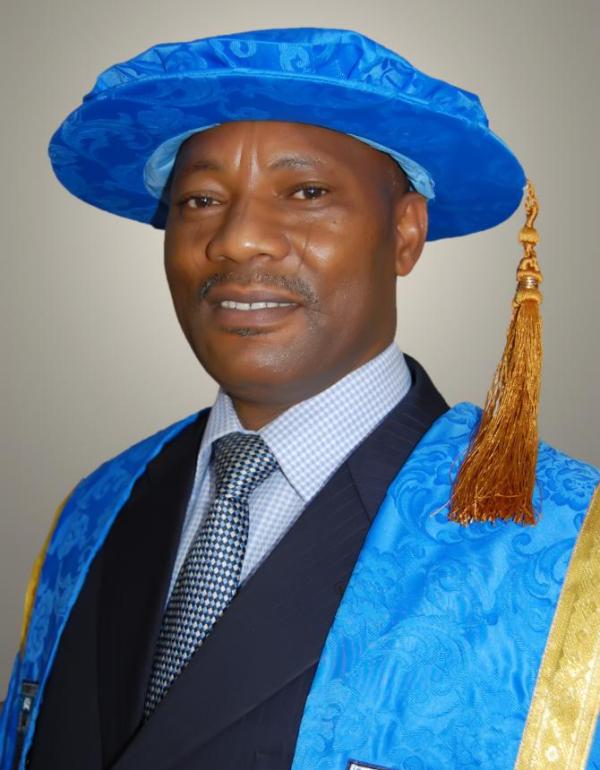The Vice Chancellor of the University of Jos, Prof Tanko Ishaya has made a case for Rural Communities in the drive towards a Digital Economy in Nigeria. The Vice Chancellor also called for tax reforms and policies that will help reduce the high cost of Internet devices and services in the country. This according to the VC will help the Nigeria’s drive towards a Digital Economy.
Prof Ishaya made this known at a National Stakeholders’ Workshop and Symposium on the use of Generative Artificial Intelligence (AI) for the enhancement of Women-led Businesses in Nigeria organized by the Global Integrated Education Volunteers Association (GIEVA) in Abuja, the nation’s capital.
At the event on Friday 24th May, 2024, Prof Ishaya while highlighting the various improvements in the nation’s Information and Communications Technology in recent years however lamented that the digital infrastructure remains grossly inadequate in rural areas where the connectivity services are either unavailable of completely absent.
In his own words Prof Ishaya said “The high cost of devices and Internet services poses a significant barrier to access for many Nigerians, particularly those living below the poverty line. There is a lack of awareness and understanding of digital technologies among large segments of the population, hindering their ability to fully participate in the digital economy.”
He decried the digital exclusion women as a result socio-cultural factors, unequal access to educations and opportunities in the labour market.
To guarantee inclusivity, Prof Ishaya canvassed policies to reduce the cost of devices and Internet services, such as subsidies for low-income households and tax incentives to telecommunications companies.
“A comprehensive digital literacy programme, according to him, must be developed and implemented at all levels of education, with a focus on practical skills training and awareness campaigns targeting underserved communities.”
The VC further called for the provision of training in in-demand digital skills such as coding, data analysis, digital marketing and cybersecurity to help individuals acquire the skills needed to secure employment in the emerging digital economy. “Government and private sector investment is needed to expand broadband infrastructure, particularly in rural and underserved areas, to ensure universal access to high-speed Internet”he added.
Earlier in his remark, the Chief Executive Officer (CEO) of GIEVA, Zhebati Ogodo, said the organisation narrowing on the creation of a sustainable model that would nurture talent, foster innovation and drive economic growth.”
The aim of the symposium, he added, was to set in motion a transformative agenda that would empower individuals and communities through education, training and skills development.
count | 24

Recent Comments
Mwanchuel Daniel PamMarch 8, 2024 at 11:06 pm
Bob WayasNovember 6, 2023 at 5:30 am
JosephNovember 5, 2023 at 3:47 am